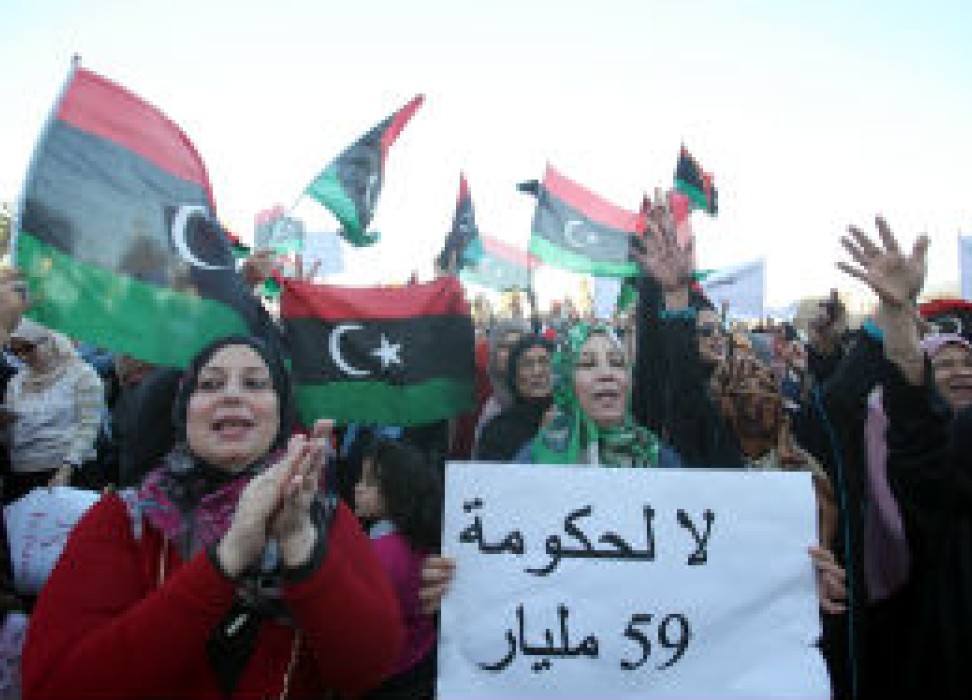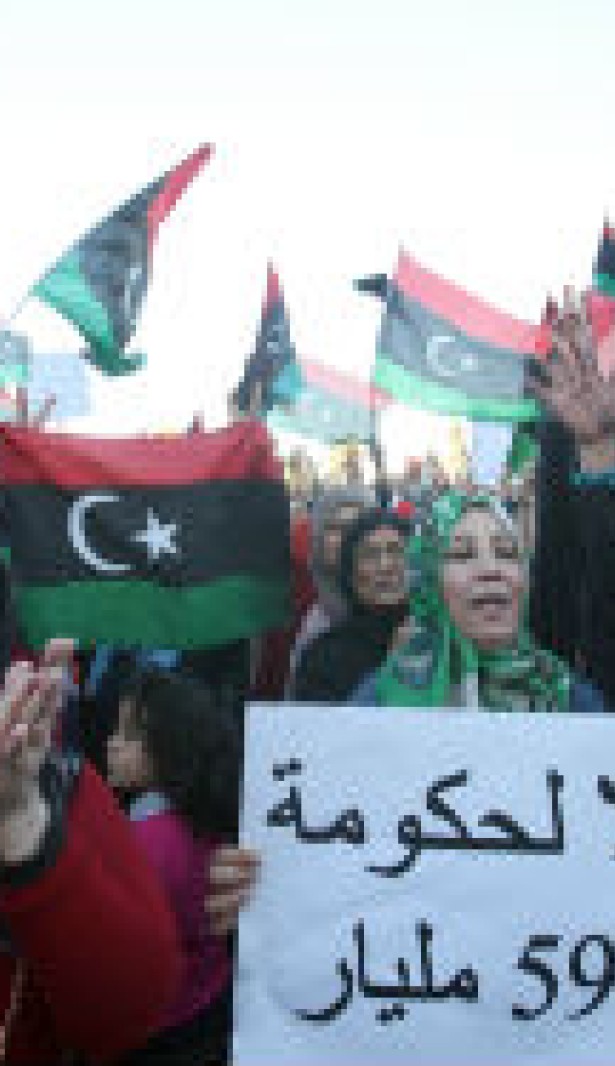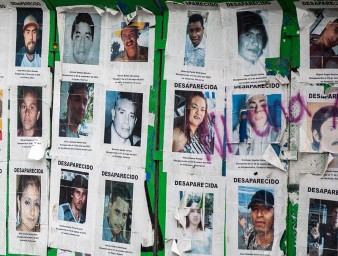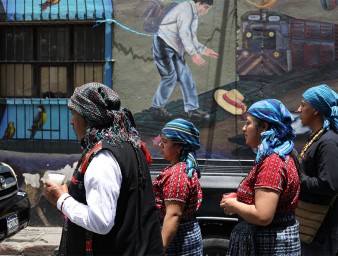Libyan human rights defenders face increasing dangers
31 March 2015

After enduring threats, intimidation and attacks, a women’s rights defender and media professional fled abroad from her home in Benghazi in eastern Libya.
The human rights defender had been targeted because of her stories about women’s and children’s rights in magazines and newspapers. She suffered a broken arm after her car was rammed in an attack, received numerous telephone threats and even had her doll factory in Benghazi burned to the ground.
She left Libya. She thought by leaving the country with her family, she could continue her activism and be safe. She was wrong.
In 2014, while walking to the train station in her new home, a car with Libyan license plates drew up beside her. The passenger threw a cup of coffee at her with a warning: “You…activist and journalist…next time it will be acid.”
Her story was one of many featured in the recently released UN Human Rights Office report on Libya on human rights defenders under attack. The report, produced in conjunction with the United Nations Support Mission in Libya (UNSMIL), documents the numerous ways human rights defenders are targeted in Libya.
The report has found that attacks against human rights defenders, including killings, abductions, death and other threats via social media and phone have been on the rise in the country since the escalation of fighting in May 2014. This has created a climate of fear for the human rights defenders.
“As a result of the ongoing attacks on human rights defenders and the total impunity for such acts, Libyans’ enjoyment of freedom of expression and association following the former regime’s fall in 2011 has been cut short, and the growth of Libya’s nascent civil society has been stunted,” the report said.
Some of the human rights defenders listed in the report were not named for their protection. For instance, a human rights defender left Tripoli in September 2014 after being repeatedly subjected to physical assaults, short term detentions and abductions threats directed at his family.
The report stated that civilians, including human rights defenders, have few or no avenues to seek protection or judicial remedies, due to the breakdown of law and order and the failure of the criminal justice system in parts of Libya including Derna, Benghazi and Sirte.
There has also been a rise in attacks on women human rights defenders, the report stated. One female journalist and human rights defender received threats including sexual violence on her Facebook page. “We will…come to your house and break your honour,” read one post. Fleeing the country brought no release as she continued to receive threats via the mobile phone messaging platform Viber and text messages.
The report warns that the people conducting these attacks acts are committing crimes under international law and may be held accountable by the International Criminal Court. It also points out the crucial need to rebuild Libya’s State institutions, including the justice system and the police force. It calls on neighbouring countries and the international community as a whole to help protect human rights defenders by issuing emergency visas, providing temporary shelter, and pressuring armed groups to end the abuses.
31 March 2015




